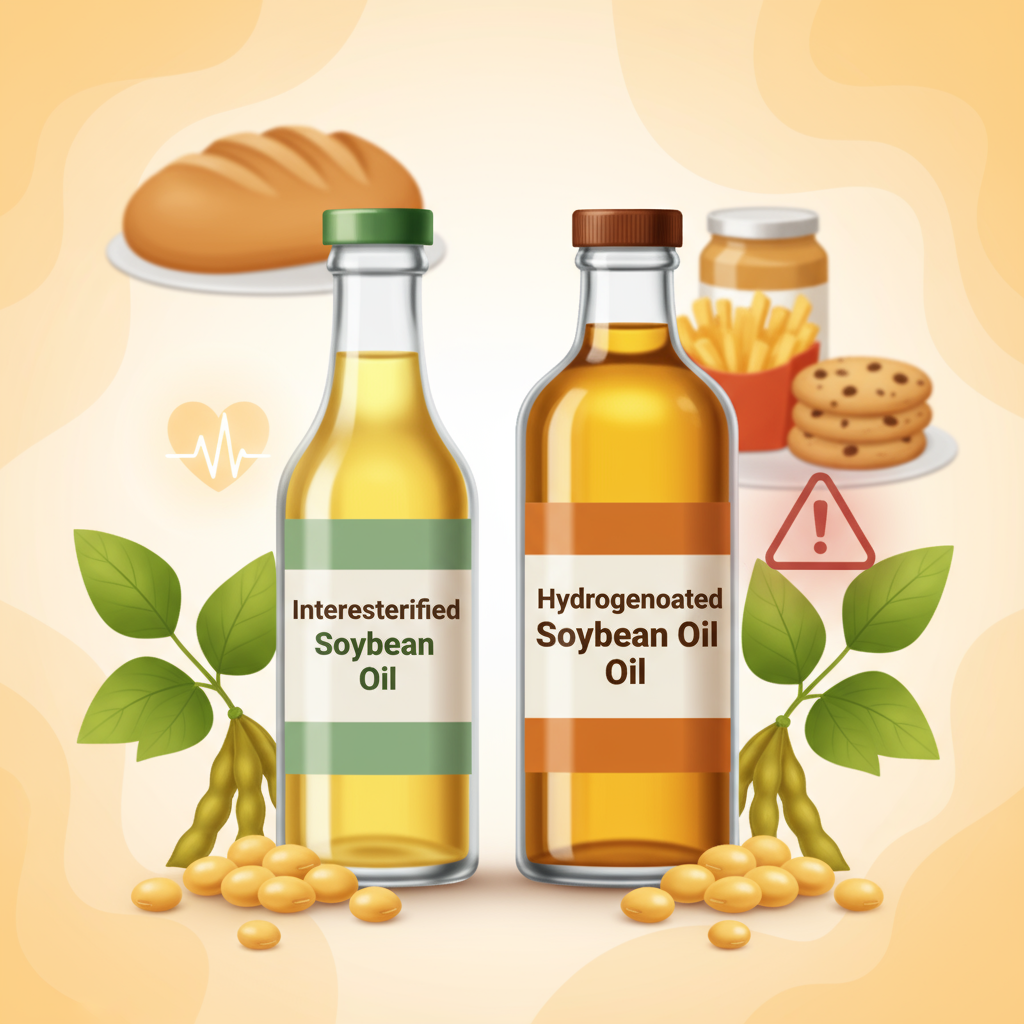
Can You Have Soybean Oil If Allergic to Soy?
TL;DR
Individuals with a soy allergy may be concerned about consuming soybean oil. Highly refined soybean oil is generally considered safe for most people with soy allergies, as it contains negligible protein levels that trigger allergic reactions. However, cold-pressed, expeller-pressed, or extruded soybean oils should be avoided, as these may contain soy proteins. Always consult with a healthcare provider before including soybean oil in your diet if you have a soy allergy.
Soybean oil is a common cooking oil derived from soybeans, and it is widely used in food products and cooking due to its neutral flavor and high smoke point. However, for those with a soy allergy, the question arises: can you safely consume soybean oil? This article will explore the relationship between soybean oil and soy allergies, providing essential information for those affected.
A soy allergy occurs when the immune system mistakenly identifies proteins in soy as harmful, triggering an allergic reaction. This reaction can be classified into two types:
Symptoms of a soy allergy can vary widely and may include:
Soybean oil can be categorized into two main types:
Highly Refined Soybean Oil: This type undergoes extensive processing, which removes most of the proteins that cause allergic reactions. Studies indicate that most individuals with a soy allergy can safely consume highly refined soybean oil (Kids with Food Allergies).
Cold-Pressed, Expeller-Pressed, or Extruded Soybean Oil: These oils retain more of the soy proteins and should be avoided by individuals with a soy allergy, as they can trigger allergic reactions (Cleveland Clinic).
In summary, while highly refined soybean oil is typically safe for most people with soy allergies, caution should be exercised with other forms of soybean oil that may contain proteins. Always consult with a healthcare professional before making dietary changes, and ensure to read food labels meticulously to avoid potential allergens.
Yes, highly refined soybean oil is generally considered safe for most people with soy allergies, as it contains negligible protein levels that trigger allergic reactions.
Individuals with a soy allergy should avoid cold-pressed, expeller-pressed, or extruded soybean oils, as these may contain soy proteins that can trigger allergic reactions.
Symptoms of a soy allergy can include skin reactions like hives, digestive issues such as stomach pain, and respiratory problems like difficulty breathing.
Consult with a healthcare provider before including soybean oil in your diet, and always read food labels carefully to identify potential allergens, as highly refined soybean oil may not be labeled as a major allergen.

Interesterified Soybean Oil vs. Hydrogenated Soybean Oil: What You Need to Know
TL;DR Interesterified soybean oil and hydrogenated soybean oil are two types of fats used in food production. Interesterification involves rearranging fatty acids in triglycerides to modify their properties without creating trans ...

Is Soybean Oil Good for You? A Comprehensive Guide
TL;DR Soybean oil is a widely used cooking oil that offers several health benefits, including a potential reduction in the risk of coronary heart disease due to its unsaturated fat content. It contains both omega-3 and omega-6 fat...

Can Dogs Have Soybean Oil? A Comprehensive Guide
TL;DR Soybean oil is generally safe for dogs in moderation and can provide several nutritional benefits. While it is a source of healthy fats and may help with skin conditions, some dogs may experience digestive issues or allergie...

Is Soybean Oil Gluten-Free? A Comprehensive Guide
TL;DR Soybean oil, derived from soybeans, is naturally gluten-free and safe for individuals with gluten intolerance or celiac disease. While pure soybean oil contains no gluten, it is essential to check labels for any added ingred...
Ready to source an ingredient?
Whether you’re struggling to find the perfect ingredient, racing against the clock, or simply don’t have the bandwidth to manage sourcing — we’ve got your back.
Get a Free Sourcing AuditSavings is BIG but the relationship value is MASSIVE! Glad we met when we did. Looking forward to building this partnership with you and David.
Yohan, here to say you’re one of my favorite suppliers. Aside from your high quality ingredients, you’re so great to work with. Thanks for all the help you’ve given us this year.
Working with Global Savors and Yohan has been very smooth when sourcing ingredients. They offer a great selection and and cost savings! Yohan has been awesome to work with and we look forward to continuing business together.






Global Savors is your trusted partner for seamless ingredient sourcing, offering end-to-end solutions that streamline procurement, simplify logistics, and elevate your supply chain efficiency.
View More News
© 2026 Copyrights by Global Savors. All Rights Reserved

